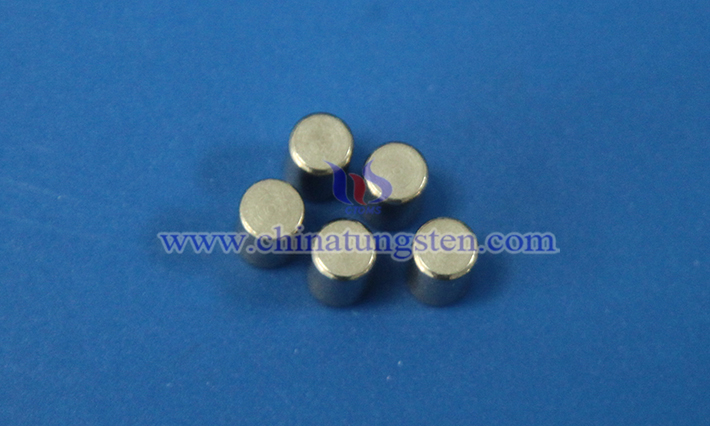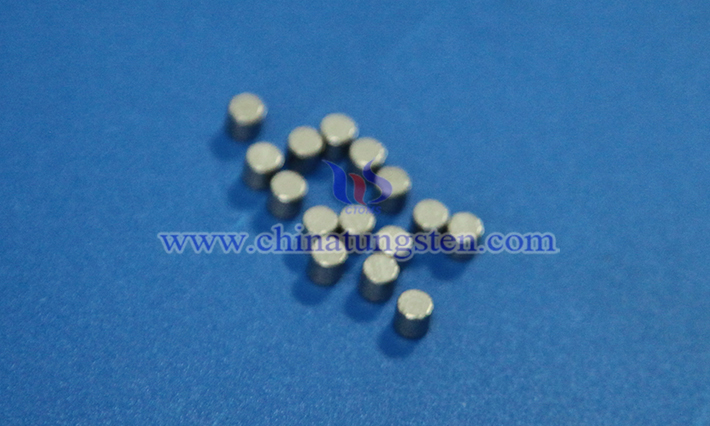Factors Affecting the Thermal Stability of Barium Tungsten Electrodes
- Details
- Category: Tungsten Information
- Published on Monday, 26 May 2025 17:25
- Written by Zhenghua
- Hits: 36
The thermal stability of barium tungsten electrodes, that is, their ability to maintain physical and chemical properties at high temperatures, is crucial to their performance and service life. The following are the main factors affecting the thermal stability of barium tungsten electrodes:
1. Material Composition
The ratio of barium and tungsten directly affects the thermal stability of the electrode. Tungsten has an extremely high melting point (about 3422°C), which gives the electrode a high temperature resistance basis; while barium can reduce the work function and improve the electron emission performance. A reasonable barium-tungsten ratio can increase the melting point and oxidation resistance and prevent high temperature degradation. In addition, the addition of elements such as rare earth metals can further enhance thermal stability.

2. Manufacturing Process
The preparation process of barium tungsten electrodes, such as sintering temperature and atmosphere, has an important influence on their microstructure. High-temperature sintering can increase the density of the electrode and reduce porosity, thereby enhancing its heat resistance. The atmosphere during sintering (such as hydrogen or vacuum) can prevent oxidation, ensure the purity of the material, and thus improve thermal stability.
3. Working Environment
The temperature, pressure and gas composition of the barium tungsten electrode during use can significantly affect its performance. At high temperatures, the electrode may react with oxygen, etc., resulting in surface oxidation or corrosion. Controlling environmental conditions, such as using inert gas protection, can slow these reactions and extend the life of the electrode.

4. Surface Condition
The cleanliness and smoothness of the barium tungsten electrode surface are critical to thermal stability. Rough or contaminated surfaces are prone to forming local hot spots, which accelerate material degradation. Keeping the surface smooth and clean helps to evenly dissipate heat, thereby improving thermal stability.
5. Mechanical Stress
At high temperatures, the mechanical stress on the barium tungsten electrode may cause deformation or cracking, especially during thermal cycling. Optimizing the electrode design to reduce stress concentration can enhance its resistance to thermal fatigue.
- Chinatungsten Online: www.chinatungsten.com
- CTIA GROUP LTD: en.ctia.group
- Tungsten News & Price: www.ctia.com.cn
- Molybdenum News & Price: news.molybdenum.com.cn
- Tel.: 86 592 5129696; Email: sales@chinatungsten.com





 sales@chinatungsten.com
sales@chinatungsten.com